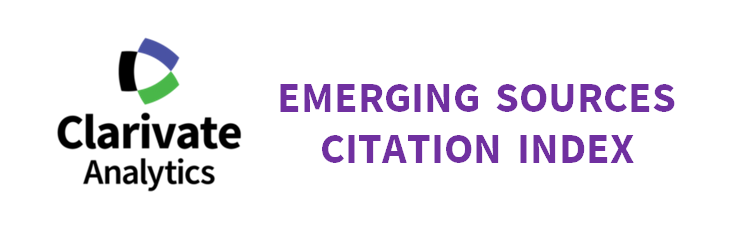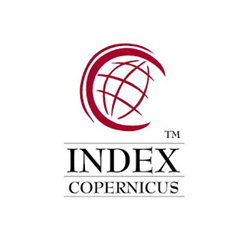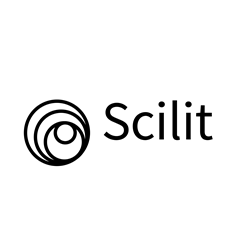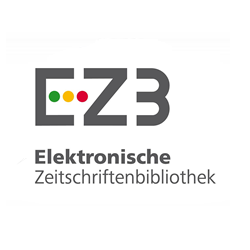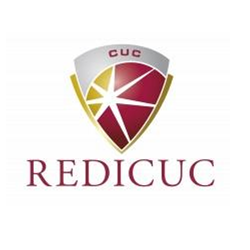Instrument to measure the perceptions of software development communities regarding communication, coordination and cooperation: Result of validation through expert judgment
DOI:
https://doi.org/10.17981/ingecuc.20.1.2024.10Keywords:
Anti-patterns, Fleiss' Kappa coefficient, Communication, Cooperation, Coordination, Software, communities, .Sociotechnical Congruence (STC), Social debt, Expert judgment, Community smellsAbstract
Introduction: Software development is a sociotechnical activity that requires both social and technical factors to achieve any proposed objective. These factors characterize Sociotechnical Congruence (STC), which focuses on the proper use of soft skills such as coordination, communication, and cooperation within software development teams.
Objective: The objective of this study is to introduce a measurement tool that enables the assessment of perceptions among members of a software development community, based on 42 questions formulated across three dimensions: communication, cooperation, and coordination.
Method: The validation of the measurement instrument was carried out through expert judgment. Nine professionals were selected to evaluate the instrument using four quality criteria: sufficiency, clarity, relevance, and coherence. To determine the agreement among the experts, the Fleiss' Kappa coefficient was employed, and Landis and Koch's criteria were applied to measure the degree of concordance.
Results: The agreement strength for each dimension was substantial and nearly perfect. Considerable agreement was identified for the sufficiency, coherence, and clarity quality criteria, with clarity having the highest coefficient (0.85). The relevance quality criterion showed moderate agreement, being the lowest (0.583). A significance level of 5% was considered, with the clarity quality criterion being the most significant, with a p-value of 0.02.
Conclusions: Once the adjustments to the instrument are made, it can be used to measure perceptions of the dimensions: communication, cooperation, and coordination within software development communities.
Downloads
References
J. Moe et al., «Characterizing people with frequent emergency department visits and substance use: a retrospective cohort study of linked administrative data in Ontario, Alberta, and B.C., Canada», BMC Emerg. Med., vol. 22, n.o 1, 2022, doi: 10.1186/s12873-022-00673-x.
E. Caballero-Espinosa, J. C. Carver, y K. Stowers, «Community smells—The sources of social debt: A systematic literature review», Inf. Softw. Technol., vol. 153, ene. 2023, doi: 10.1016/J.INFSOF.2022.107078.
B. Raza, R. Ahmad, M. H. N. B. M. Nasir, y S. S. M. Fauzi, «Socio-Technical Congruence as an Emerging Concept in Software Development: A Scientometric Analysis and Critical Literature Review», IEEE Access, vol. 9, pp. 129051-129077, 2021, doi: 10.1109/ACCESS.2021.3113637.
M. Kuhrmann y J. Munch, «Distributed software development with one hand tied behind the back: A course unit to experience the role of communication in GSD», Proc. - 11th IEEE Int. Conf. Glob. Softw. Eng. Companion Proceedings, ICGSEW 2016, pp. 25-30, 2016, doi: 10.1109/ICGSEW.2016.13.
E. Caballero-Espinosa, J. C. Carver, y K. Stowers, «Community smells—The sources of social debt: A systematic literature review», Inf. Softw. Technol., vol. 153, p. 107078, ene. 2023, doi: 10.1016/J.INFSOF.2022.107078.
M. Callejas-Cuervo, A. Alarcón-Aldana, y A. M. Álvarez-Carreño, «Software quality models, a state of the art», Entramado, vol. 13, n.o 1, pp. 236-250, 2017, doi: 10.18041/entramado.2017v13n1.25125.
R. Ahmed et al., «binish raza 1 ,Rodina Ahmed 1, * ,Mohd HNM Nasir 1 , Shukor SM Fauzi 2 », vol. 49, n.o 1, pp. 1-43, 2022.
S. Ministerio de la Protección Social Pontificia Universidad Javeriana y de S. S. y R. Profesionales., Batería de instrumentos para la evaluación de factores de riesgo psicosocial. 2010.
W. A. W. Sobri, S. S. M. Fauzi, M. H. N. Nasir, R. Ahmad, y A. J. Suali, «Coordination issues and its impact on project performance: A systematic literature review», J. Telecommun. Electron. Comput. Eng., vol. 9, n.o 3-3 Special Issue, pp. 33-37, 2017.
J. Portillo-Rodríguez, A. Vizcaíno, M. Piattini, y S. Beecham, «Using agents to manage Socio-Technical Congruence in a Global Software Engineering project», Inf. Sci. (Ny)., vol. 264, pp. 230-259, 2014, doi: 10.1016/j.ins.2014.01.009.
A. B. M. N. A. Talukder, «Understanding Social Debt in Software Engineering», n.o September, 2022.
S. Ferdous y N. Ikram, «Communication and Coordination Using Facebook: A Case Study of Distributed Software Development», J. Inf. Sci. Eng., vol. 33, n.o 6, pp. 1501-1517, 2017, doi: 10.6688/JISE.2017.33.6.7.
M. Alsharo, D. Gregg, y R. Ramirez, «Virtual team effectiveness: The role of knowledge sharing and trust», Inf. Manag., vol. 54, n.o 4, pp. 479-490, 2017, doi: 10.1016/j.im.2016.10.005.
R. Latorre y J. Suárez, «Measuring social networks when forming information system project teams», J. Syst. Softw., vol. 134, pp. 304-323, 2017, doi: 10.1016/j.jss.2017.09.019.
H. T. M. Chau y N. M. Tuan, «A conceptual framework of virtual team effectiveness from the socio-technical perspective», Hcmcoujs - Econ. Bus. Adm., vol. 8, n.o 2, pp. 65-94, 2020, doi: 10.46223/hcmcoujs.econ.en.8.2.164.2018.
Wulansari y C. F. Nida, «A Systematic Literature Review», vol. 49, n.o 1, pp. 1-6, 2020, doi: 10.1145/3452144.3452277.
N. M. Nor, «Modelling Lower-level Technical Dependencies to Improve Coordination in Software Engineering Projects : A Conceptualization», Int. J. Adv. Trends Comput. Sci. Eng., vol. 9, n.o 3, pp. 3695-3699, 2020, doi: 10.30534/ijatcse/2020/182932020.
D. A. Tamburri, P. Kruchten, P. Lago, y H. van Vliet, «Social debt in software engineering: insights from industry», J. Internet Serv. Appl., vol. 6, n.o 1, 2015, doi: 10.1186/s13174-015-0024-6.
D. A. Tamburri, R. Kazman, y W. J. van den Heuvel, «Splicing community and software architecture smells in agile teams: An industrial Study», Proc. Annu. Hawaii Int. Conf. Syst. Sci., vol. 2019-January, pp. 7037-7047, 2019, doi: 10.24251/hicss.2019.843.
D. A. Tamburri, «Software Architecture Social Debt: Managing the Incommunicability Factor», IEEE Trans. Comput. Soc. Syst., vol. 6, n.o 1, pp. 20-37, 2019, doi: 10.1109/TCSS.2018.2886433.
M. O. Ahmad y T. Gustavsson, «The Pandora’s box of social, process, and people debts in software engineering», J. Softw. Evol. Process, n.o July, pp. 1-24, 2022, doi: 10.1002/smr.2516.
S. Ritonummi, V. Siitonen, M. Salo, y H. Pirkkalainen, «Flow barriers: What prevents software developers from experiencing flow in their work», CEUR Workshop Proc., vol. 3239, pp. 247-264, 2022.
M. E. Castillo Gonzáles, J. R. Tenezaca Sánchez, y R. I. Cando Pilatuña, «Estandarización del test de dependencia al móvil para estudiantes universitarios de Ecuador», Rev. Ecuatoriana Psicol., vol. 6, n.o 15, pp. 109-120, 2023, doi: 10.33996/repsi.v6i15.93.
S. M. Maldonado Luna, «Manual Práctico Para El Diseño De La Escala Likert», Xihmai, vol. 2, n.o 4, pp. 6-8, 2012, doi: 10.37646/xihmai.v2i4.101.
Á. G. Canto de Gante, W. E. Sosa González, J. Bautista Ortega, J. Escobar Castillo, y A. Santillán Fernández, «Escala de Likert: Una alternativa para elaborar e interpretar un instrumento de percepción social», Rev. la Alta Tecnol. y Soc., vol. 12, n.o 1, pp. 38-45, 2020.
M. Manucci, «Competitividad emocional», Buenos Aires B. Argentina SA, 2016.
Y. Corral, «Validez y confiabilidad de los instrumentos de investigación para la recolección de datos», Rev. Ciencias la Educ., vol. 19, n.o 33, pp. 228-247, 2009, doi: 10.36791/tcg.v0i15.90.
L. G. Juárez-Hernández y S. Tobón, «Analysis of the elements implicit in the validation of the content of a research instrument», Espacios, vol. 39, n.o 53, 2018.
J. Cabero y M. Llorente, «Aplicación de juicio de experto como técnica de evaluación de las TIC», Rev. Tecnol. Inf. y Comun. en Educ., vol. 7, n.o 2, pp. 11-22, 2013.
C. Ruiz, «Un Enfoque Cuantitativo y Cualitativo para la Recolección y Análisis de Datos», 2015.
J. Escobar-Pérez y Á. Cuervo-Martínez, «Validez De Contenido Y Juicio De Expertos: Una Aproximación a Su Utilización», Av. en Medición, vol. 6, n.o September, pp. 27-36, 2008, doi: 10.32870/ap.v9n2.993.
J. Sim y C. C. Wright, «The kappa statistic in reliability studies: Use, interpretation, and sample size requirements», Phys. Ther., vol. 85, n.o 3, pp. 257-268, 2005, doi: 10.1093/ptj/85.3.257.
J. R. Landis y G. G. Koch, «The Measurement of Observer Agreement for Categorical Data», Biometrics, vol. 33, n.o 1, p. 159, 1977, doi: 10.2307/2529310.
J. Torres y V. Perera, «Cálculo de la fiabilidad y concordancia entre codificadores de un sistema de categorías para el estudio del foro online en e-learning», Rev. Investig. Educ., vol. 27, n.o 1, pp. 89-103, 2009.
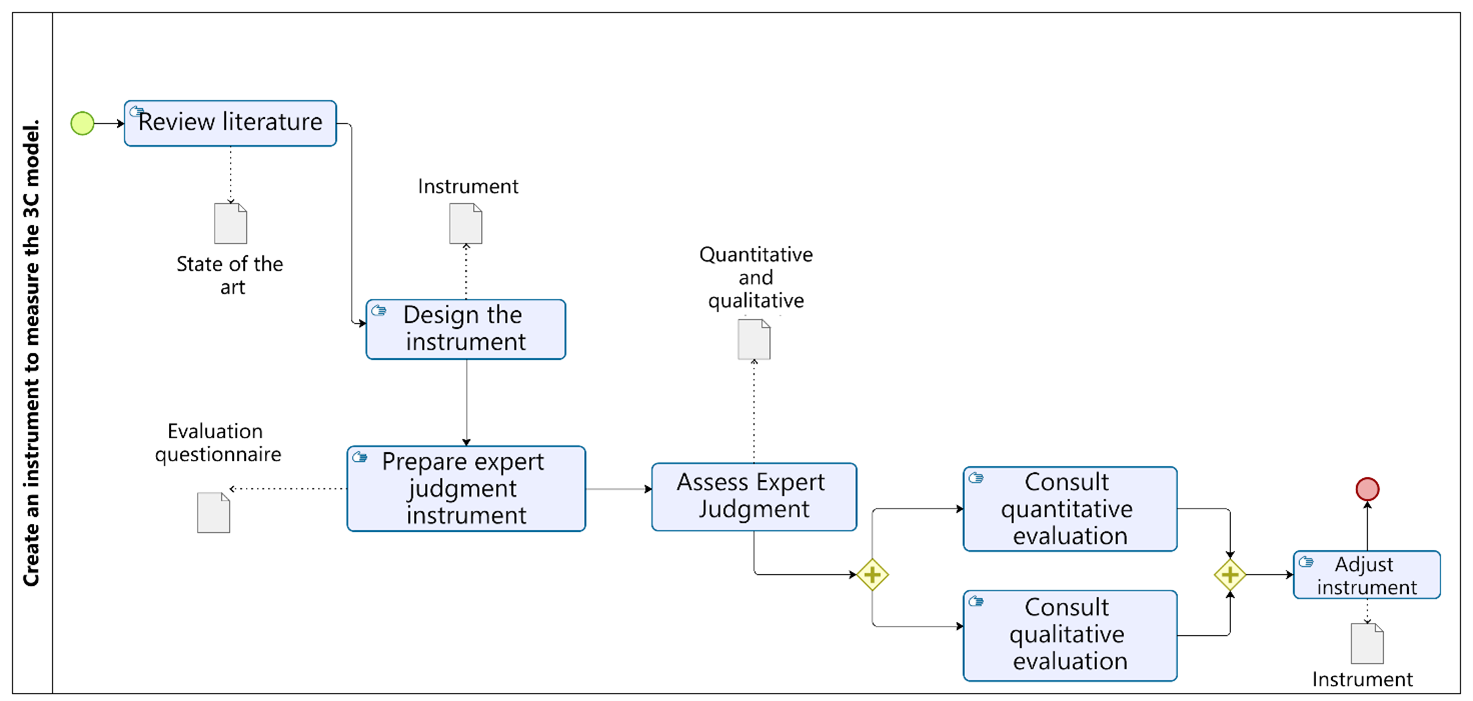
Downloads
Published
How to Cite
Issue
Section
License
Copyright (c) 2024 INGE CUC

This work is licensed under a Creative Commons Attribution-NonCommercial-NoDerivatives 4.0 International License.
Published papers are the exclusive responsibility of their authors and do not necessary reflect the opinions of the editorial committee.
INGE CUC Journal respects the moral rights of its authors, whom must cede the editorial committee the patrimonial rights of the published material. In turn, the authors inform that the current work is unpublished and has not been previously published.
All articles are licensed under a Creative Commons Attribution-NonCommercial-NoDerivatives 4.0 International License.


 English
English
 Español (España)
Español (España)
